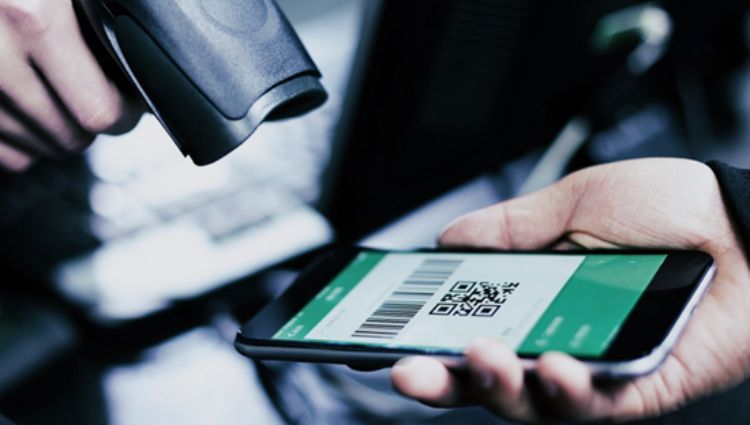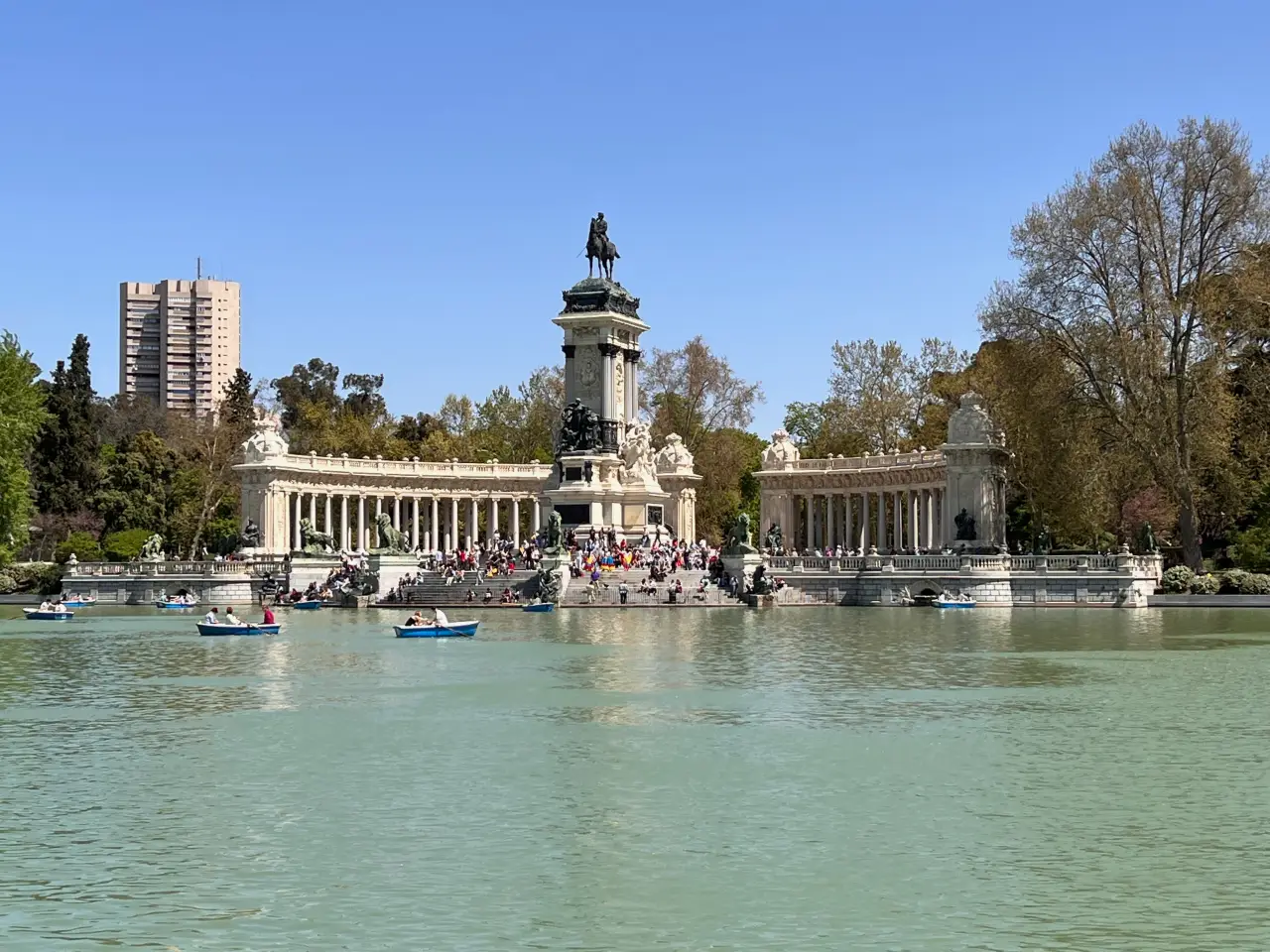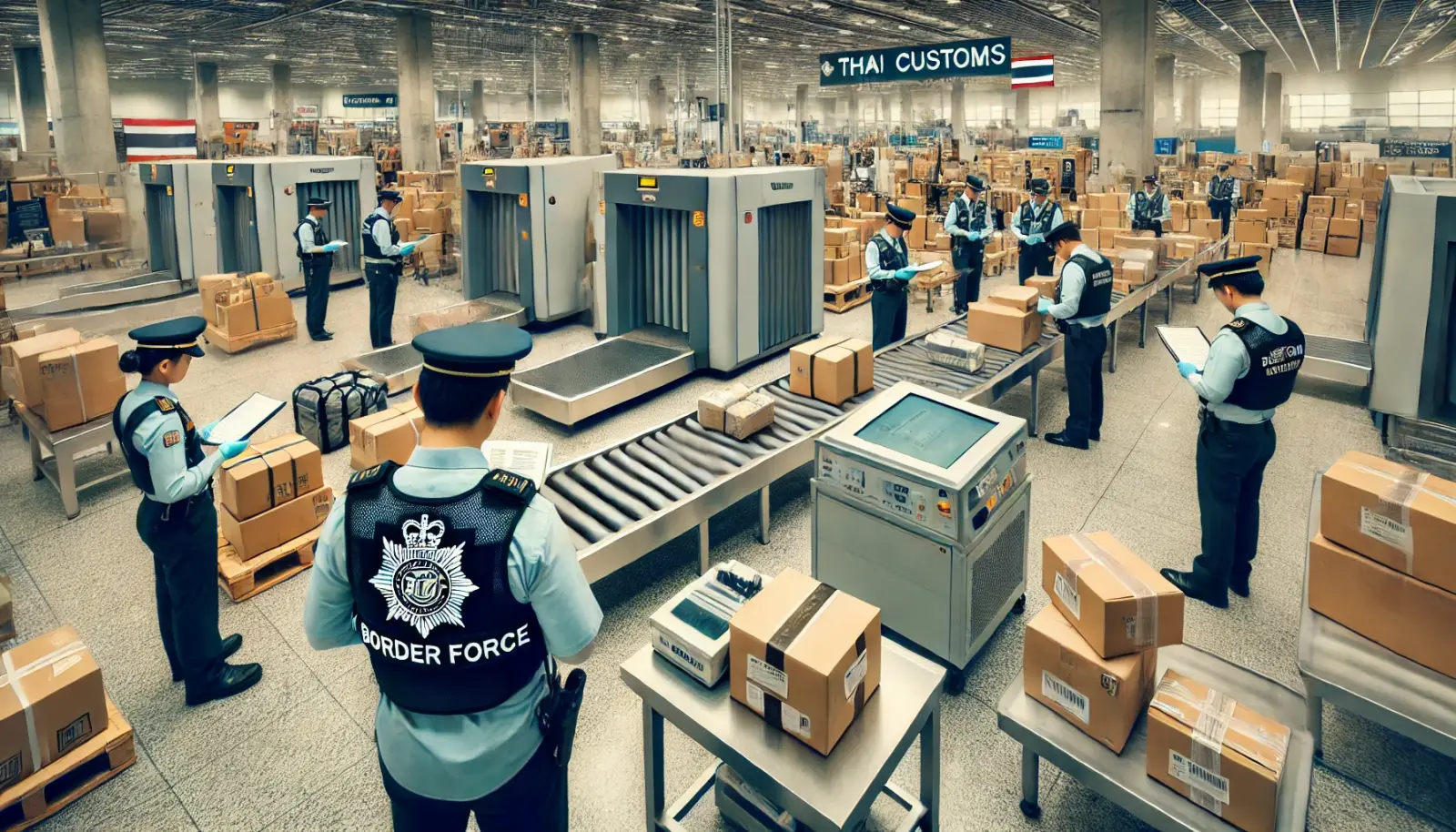When Otago University made it known that it would become a cashless campus for the remaining part of this year, it became part of a growing list of mobile online casinos and gambling businesses that no longer want anything to do with physical money.
However, in the run-up to the Covid-19 lockdown, there was a $1 billion increase in the amount of cash in circulation, and the New Zealand Reserve Bank governor, Adrian Orr, stated that public feedback had revealed that New Zealanders seek the right to use cash.
So is reaching a cashless society inevitable, eventually? Below is all the information we have.
The bank functions as a bulk distributor to the trading banks and is also responsible for withdrawing damaged or unusable coins and notes to manage the quality of currency in circulation at any given time.
RBNZ is also responsible for setting the official cash rate (OCR), which will control inflation.
It is the rate that banks are required to pay the Reserve Bank (coupled with the addition of a tiny margin on top) when they have to borrow money. Essentially it is the baseline for interest rates in the country.
A survey by RBNZ in 2017 found out that 96 percent of the country’s adult population made use of cash. Of that group, the older a person is, the more likely they are to use physical cash more often.
Can a retailer refuse to accept cash?
Although it is a legal tender, the Reserve Bank maintains no obligation on any organization or person to give out or receive physical cash – except to collect payment for a debt.
What can you do with old cash you can’t use in shops?
If you have an old or damaged currency that was confirmed to be legally issued for transactions in New Zealand, such currency can be couriered to the Reserve Bank, and you will be paid face value for the currency. The only catch is that the currency must not be damaged beyond recognition.
In 2015, the central bank brought about a recycling system for damaged or old polymer notes. They are destroyed by shredding.
How old does money have to be before it’s not legal tender?
New Zealand banknotes are always issued in series.
Series 1 banknotes were issued in 1934, while series two banknotes were issued in 1940; both series were withdrawn from circulation in 1982 and have stopped being legal tender.
However, the Reserve Bank will pay face value for old currency as long as they are still recognizable.
Currencies that are still legal tender include Series 3 (issued 1967), 4 (issued 1981), 5 (issued 1991), 6 (issued 1999) and 7 (issued 2015) of New Zealand banknotes. Others are $5, $10, $20, $50 and $100 notes.
How much cash do we have in circulation?
According to Reserve Bank data, there was $7.32 billion of banknotes in circulation as of March.
This money includes the New Zealand dollar series issued in 1967 and the pounds or LSD, shillings, and pence used before 1967.
The central bank also noted that the cash in circulation figure published this year had a “very significant uplift” from the previous year as nervous households had to stockpile cash in the run-up to the novel COVID-19 lockdown.
Cash in the New Zealand public’s hands was increased by just over $1b from the final week of March 2019 to the concluding part of March this year.
That jump was significantly larger than trend rises in cash as the economy and population grew and compared to an increase of just $175 million in the last 12 months.
Could we become a cashless society?
Last year, the New Zealand Reserve Bank released a paper on the future of cash, and it found that New Zealand may just be far away from transcending into a cashless society.
The bank’s survey of over 3000 people revealed that while almost 90 percent of people “preferred” to use electronic payment methods for transactions, three-quarters recalled buying things with cash at least one or two times in the week before the survey.
About three quarters, the same proportion said that they had some physical cash in their wallet, pocket, or purse.
Six% of those surveyed had also used cash only within that week.













